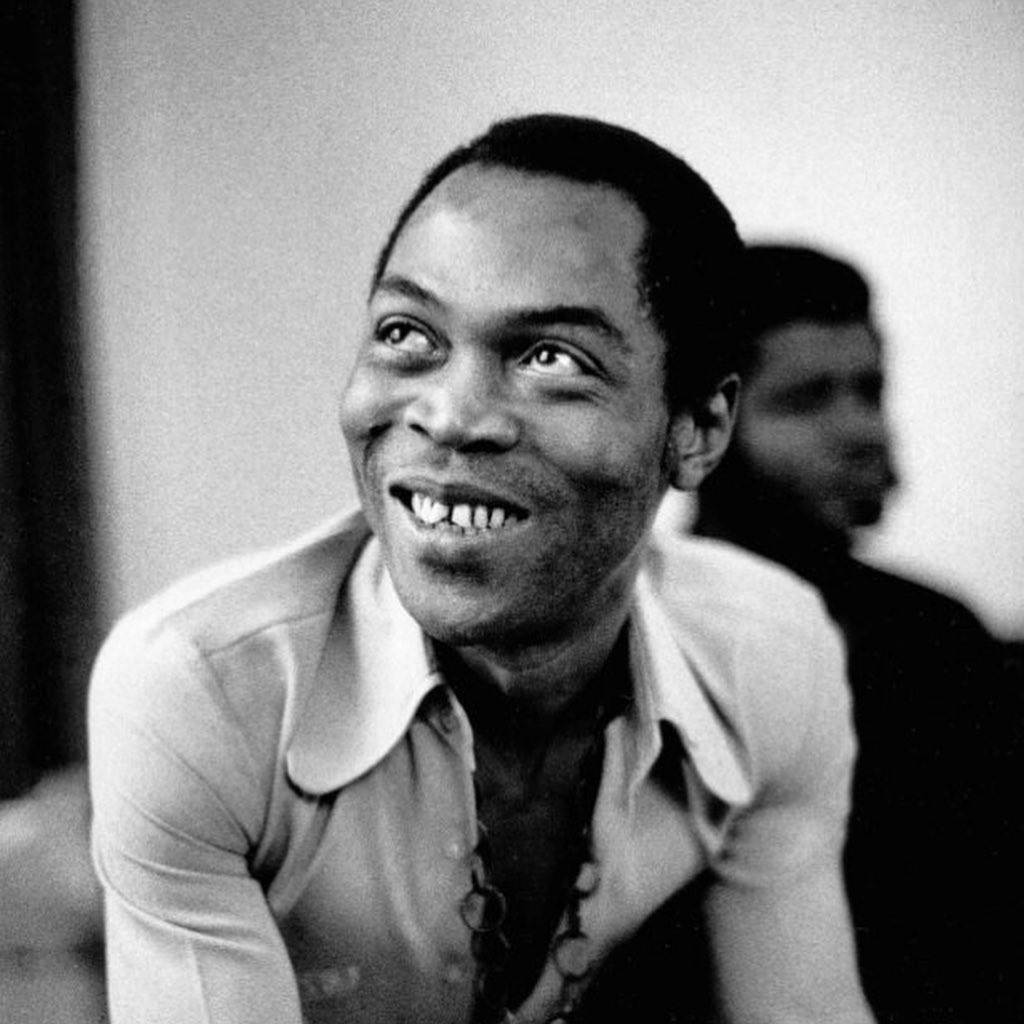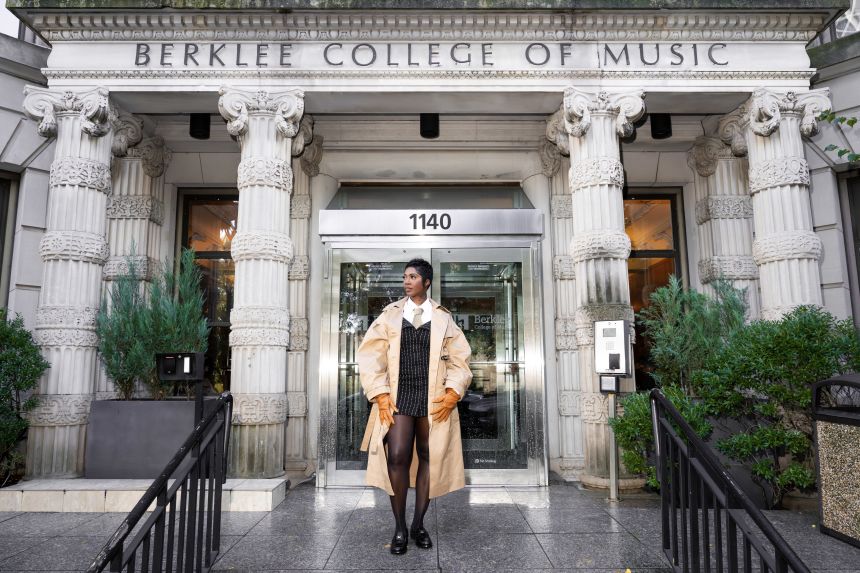Bomi Anifowose
The current state of Nigeria, home to over 200 million citizens, is nothing short of despicable. Nigeria is bleeding, not metaphorically, not symbolically, but literally. Entire communities are being emptied by force. Children are disappearing into forests before sunrise. Families are burying relatives faster than they can rebuild their lives.
What is unfolding across the country goes far beyond random violence. This is organized brutality, an ideological warfare. It is targeted persecution disguised as “insecurity.” And the cost of silence—from the government, citizens, and the diaspora, is now catastrophic.
The recent abduction of 25 schoolgirls in Kebbi State is a stark illustration of how badly the country has lost control of its own security. Around 4 a.m., armed militants stormed Government Girls Comprehensive Secondary School in Maga. They shot their way past the compound, broke into dormitories, and forcibly removed young girls from their beds. In the chaos, the school’s vice principal, Malam Hassan Makuku, was killed defending his students, a sacrifice that highlights both the courage of ordinary Nigerians and the complete failure of the institutions meant to protect them.
This attack was deliberate. It was coordinated. And it was carried out by a group confident that the state would not stop them.
Across Nigeria, these patterns are repeating. What used to be confined to the Northeast has now spread to the North-West, North-Central, and even parts of the South.
Communities in Plateau, Benue, and Kaduna states continue to report targeted attacks on Christian villages. Survivors describe these not as “clashes” but as organized offensives. Homes are burned. Farmlands are seized. Church leaders are killed or abducted. These assaults often occur at night or at dawn, following the same choreography: dozens of armed men, little resistance, and no immediate state response.
This is not ordinary crime. It is cold-blooded terror executed with military precision.
The perpetrators are no longer a single identifiable group. Nigeria now faces a fractured insurgency: jihadist remnants, bandit militias, ethnic militias, and criminal gangs profiting from ransom economies. In many regions, these groups control forests, dictate movement, and impose parallel “authorities.” Civilians live in constant fear.
Children walk to school with fear lodged in their throats. Entire villages sleep lightly, knowing that the sudden roar of motorcycles could mean abduction, or massacre.
Meanwhile, the government’s responses remain slow, repetitive, and inadequate. Statements of condemnation are issued almost automatically. Committees are formed. But on the ground—where bullets land—nothing changes.
Nigeria is bleeding when students stay years without education, when workers toil without pay, when farmers die in their fields, when soldiers sacrifice their blood but peace still seems far. She bleeds when the price of food rises beyond reach,
— KOLOMONEY (@Mmadubuezejo) November 20, 2025
Security personnel are understaffed, under-equipped, and outmatched by groups with better logistics, superior weapons, and stronger local intelligence. While the violence escalates, data remains blurred. Official figures are often incomplete or delayed. Survivors’ testimonies rarely make it into national broadcasts.
Several communities in Plateau and Benue reported that media crews arrived only after the dead were buried, once the urgency had passed. This erasure by omission deepens the wound and empowers those who thrive in the shadows.
Perhaps the most dangerous development is the country’s growing desensitization, the normalization of tragedy. The fatigue that makes citizens scroll past the deaths of dozens. The resignation that whispers, “This is just Nigeria.”
It is not. It must never be. This is a national emergency, and it requires both national and global response.
Nigerians in the diaspora cannot afford neutrality. Their voices reach where local pleas cannot. They influence global media, international NGOs, United Nations bodies, and governments whose pressure can shift policy and intensify accountability.
Nigeria’s diaspora community is millions strong; their silence is deafening, and dangerous. If the world only hears about Nigeria’s music, films, and cultural brilliance, but not its mass abductions, religious persecution, and deteriorating security, a false image is being exported while citizens at home suffer unnoticed.
The diaspora must demand transparency and amplify local reporting. They must support organizations protecting vulnerable communities. They must insist that global institutions treat Nigeria’s insecurity for what it is: a crisis of human survival.
Every girl kidnapped in Kebbi could have been any family’s daughter. Every clergy member killed in Plateau could have been any community’s father. Every village wiped out could have been any citizen’s birthplace.
Nigeria is bleeding. The country is at a breaking point. And history will record what we did—or failed to do—when confronted with undeniable horror.




